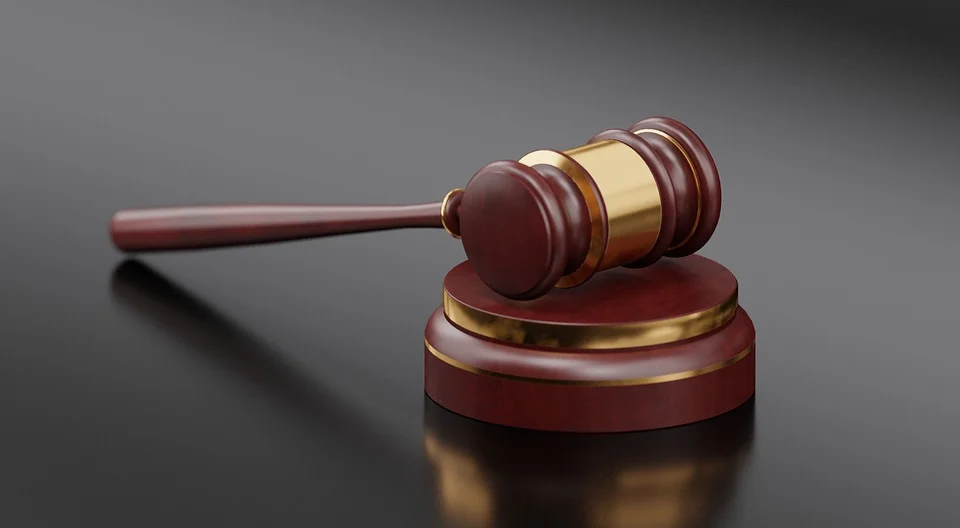Two lobbying groups representing tech industry companies appeal to lift the Texas censorship law. If social media platforms censor residents, the law allows residents to sue them. This is the second day after the federal appeals court approved the law and it is already seeing some pushback.
The two tech groups mentioned are The Computer & Communications Industry Association (CCIA) and NetChoice. Both groups filed an application to Supreme Court Justice Samuel Alito. This is in hopes to prevent the effects of the HB 20 law while waiting as it makes its way through lower courts. The Supreme Court Justice can either unilaterally make a decision or refer it to the whole Supreme Court.
The Texas censorship law was reinstated by the Fifth Circuit Court of Appeals last May 11 even though it was blocked last year. The law makes it illegal for social media platforms like Facebook, Twitter, and YouTube to block, remove, demonetize, and other forms of restrictions against expression. This will certainly affect how social media companies will function. The ruling was in favor of the social media companies because it protects their First Amendment rights to moderate content being shared on their platform.
Chris Marchese, counsel for NetChoice, said that the law impedes the speech rights of online businesses. He added that, because of the law, this will hinder them in making editorial decisions as well as publishing and promoting content they find questionable. Marchese shared that they are hopeful and confident about the Supreme Court’s decision to reverse the law, as they consider it to be unconstitutional.
NetChoice and CCIA represent Google, Facebook, Twitter, TikTok, and several other large companies in the tech industry.
Social Media Platforms and Texas Lawmakers
On the other hand, Texas lawmakers passed the law because they believe social media platforms have a negative bias towards people who do not share their political viewpoints, mostly conservatives. If the law takes effect, it will prohibit social media companies from banning pro-conservative users.
The order allowed the Texas social media law to get back into effect while the case is still proceeding, according to a statement from the lobbying groups. The ruling came from the 5th US Circuit Court of Appeals, which was considered to be highly conservative. Additionally, it did not have any written opinion to explain why it made such a decision.
The ruling happening this week and the predicted pushback from large tech companies will revolve around First Amendment rights and how groups from opposing sides interpret such rights. Not only will this affect the tech industry but also all Americans as well.















